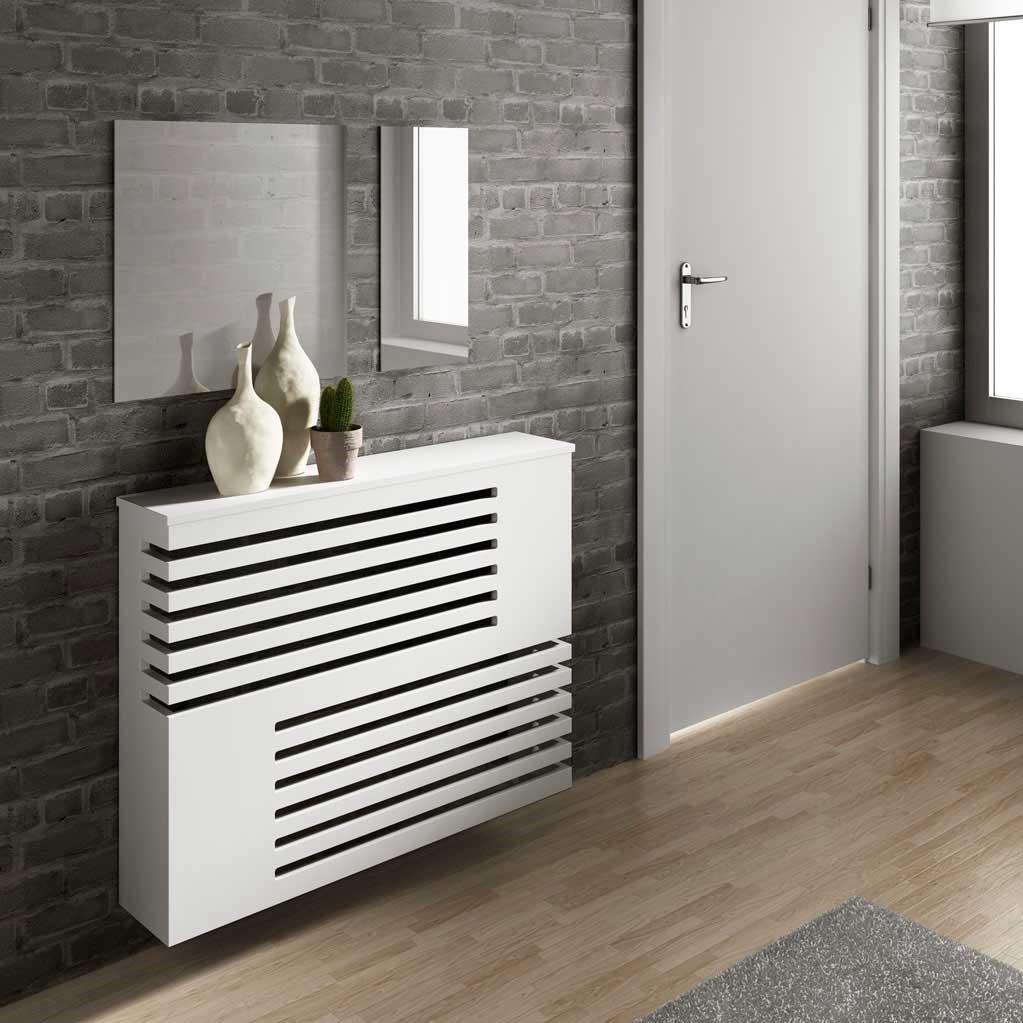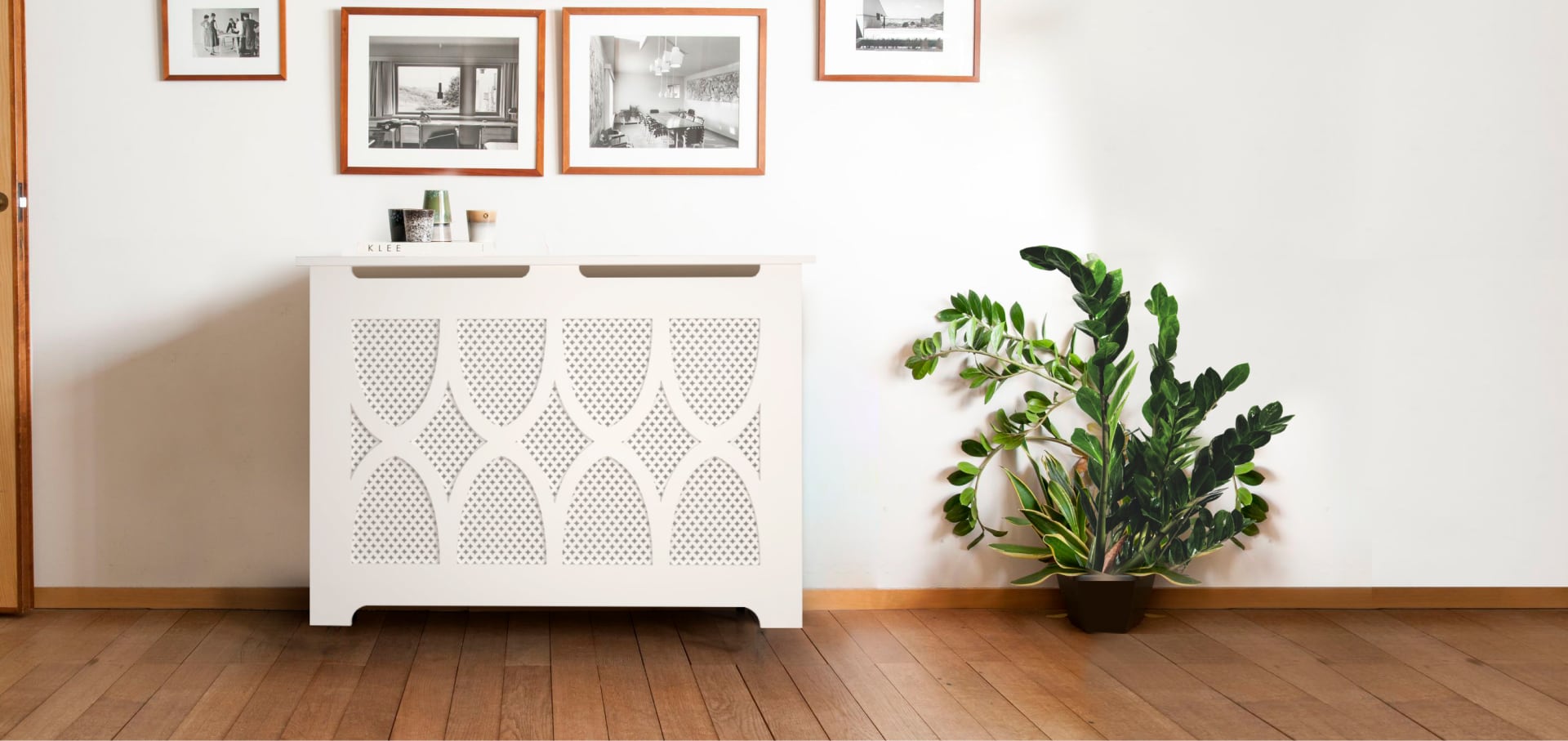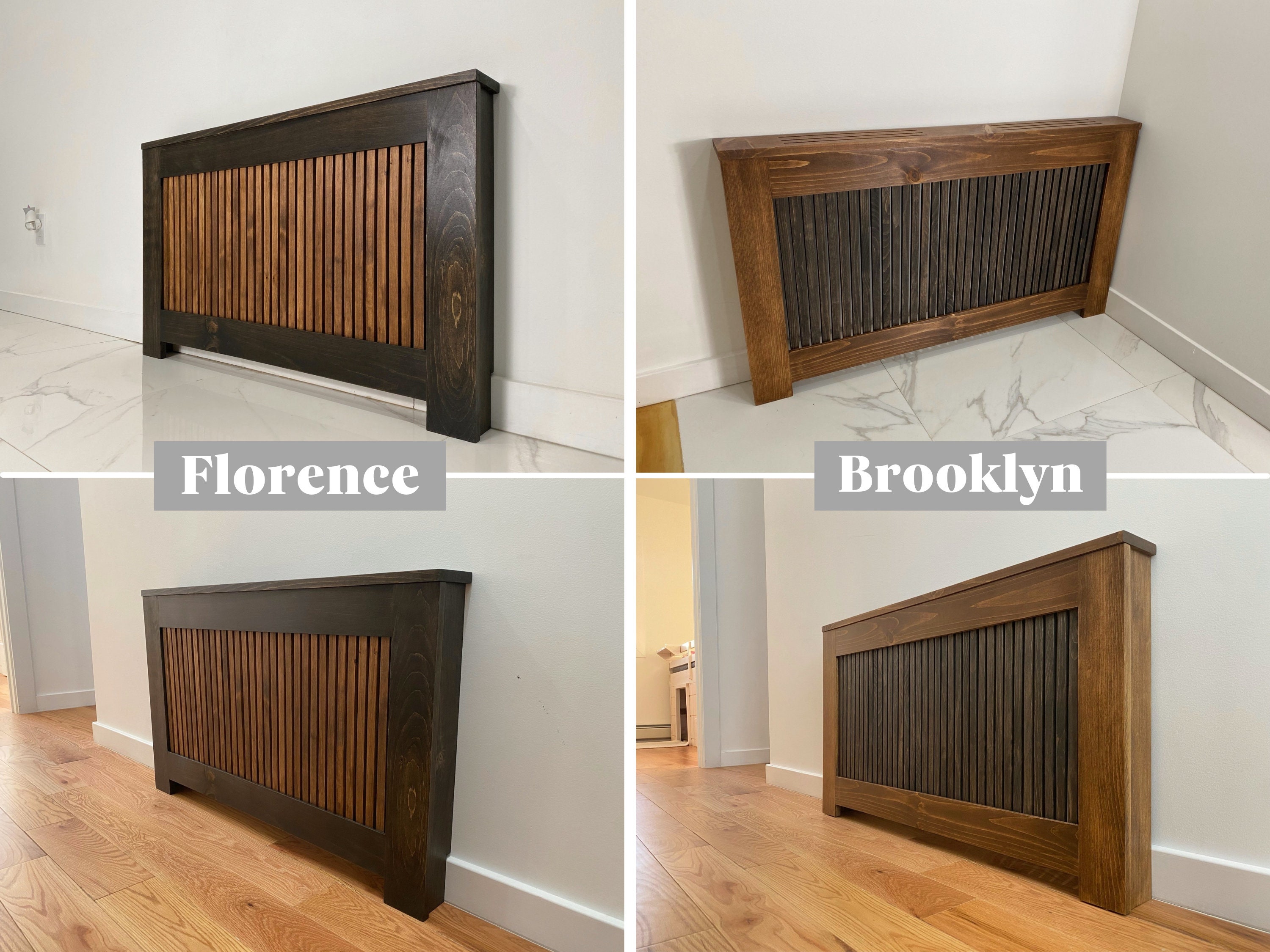Introduction
Radiators are essential for keeping our homes warm during colder seasons. However, they can be an eyesore, often disrupting the flow of a well-decorated room. That’s where decorative covers for radiators come in. Not only do they help to conceal the radiator itself, they can also serve as a beautiful addition to your interior design. In this comprehensive guide, we’ll explore everything you need to know about radiator covers, including types, materials, installation tips, and maintenance advice. Let’s get started!
The Importance of Decorative Covers for Radiators
Radiator covers aren’t just about aesthetics; they offer several practical benefits as well:
- Safety: Covers can help protect pets and children from accidentally touching hot surfaces.
- Efficiency: Properly designed covers can improve heat distribution in a room.
- Style: A decorative cover can enhance your interior design theme.
Types of Decorative Covers for Radiators
When it comes to decorative radiator covers, the options are extensive:
Wooden Radiator Covers
Wooden covers are classic and offer a warm, inviting look. They can be stained or painted to match your existing furniture.
Metal Radiator Covers
Metal covers are often sleek and modern. They are durable and can be a great fit for contemporary interiors.
Custom-Built Radiator Covers
For those who want a unique touch, custom-built covers allow for personalized design and functionality.
Fabric Covers
Fabric covers offer a softer look and can be easily changed for different seasons or styles.

Comparison Table of Radiator Cover Types
| Type | Material | Pros | Cons |
|---|---|---|---|
| Wooden | Wood | Classic look, customizable | Can warp if not treated |
| Metal | Metal | Durable, modern appearance | Can be a conductor of heat if not insulated |
| Custom-Built | Various | Unique design | Potentially higher cost |
| Fabric | Fabric | Softens space, easy to change | Less durable, may require frequent washing |
Benefits of Using Decorative Covers
Using a decorative cover for your radiator comes with several advantages:
Enhanced Aesthetics
A well-chosen cover can turn an unsightly radiator into a stylish feature in your home.
Increased Safety
With small children or pets, covering a radiator prevents accidental burns from hot surfaces.
Improved Heat Distribution
Covers can help to direct warmth more evenly across a room, allowing for a more comfortable environment.
Space Utilization
Some radiator covers double as shelves or seating, maximizing the use of your space.

How to Choose the Right Decorative Covers for Your Radiators
Choosing the right cover for your radiator involves considering several factors:
Understand Your Space
Look at your current decor and determine which style of cover would fit best.
Measure Your Radiator
Before purchasing, make sure to measure your radiator accurately to ensure a proper fit.
Consider Material and Style
Think about both the material and style. Do you prefer something modern, rustic, or classic?
Evaluate Functionality
Consider if you want your cover to have additional functionality, like storage or display space.
Installation of Decorative Radiator Covers
Installing a decorative radiator cover can be a DIY project or a task for a professional. Here’s a brief overview based on my personal experience:

DIY Installation Steps
- Gather Materials: You’ll need your cover, a screwdriver, brackets, and screws.
- Prepare the Area: Clear the area around the radiator.
- Attach the Brackets: Fix the brackets to the wall or floor as needed.
- Fit the Cover: Place the cover over the radiator and secure it as per the manufacturer’s instructions.
- Check Stability: Ensure everything is secure and stable.
When to Hire a Professional
If you’re not comfortable with DIY tasks or if your radiator is irregularly shaped, hiring a professional installer may be the best choice.

Maintenance Tips for Your Radiator Covers
To keep your decorative covers looking their best, regular maintenance is key:
Cleaning Your Covers
Dust and grime can accumulate on covers, so regular cleaning is essential. For wooden covers, use a soft cloth and a mild cleaner. For metal or fabric, follow specific care instructions.

Inspect for Damage
Periodically check your covers for any signs of wear or damage. Early detection can prevent more significant issues down the line.
Personal Experience: Choosing My Radiator Cover
When I first moved into my home, the radiators were a major eyesore. I decided to invest in a wooden radiator cover. The transformation was remarkable! The cover not only matched my room’s aesthetic but also provided a safe space for my plants. I learned that choosing the right style and material can significantly impact the overall feel of a room. If you’re considering a cover, don’t hesitate! It’s an investment in both comfort and style.

FAQs about Decorative Covers for Radiators
What materials are best for radiator covers?
Wood, metal, and fabric are popular choices, each offering unique benefits. Wooden covers provide warmth, metal gives a sleek look, and fabric offers flexibility in design.
Can I install a radiator cover myself?
Yes! Many covers come with easy installation instructions for DIY enthusiasts. Just ensure you have the necessary tools.
Do radiator covers reduce heat output?
Properly designed covers can actually improve heat distribution rather than diminish warmth. However, it’s essential to ensure that the cover allows for sufficient ventilation.
Are there decorative covers for vintage radiators?
Yes, there are many options available that cater specifically to vintage radiator styles. You might also consider custom solutions.
How do I clean my radiator cover?
Use a damp cloth for wooden and metal covers, and follow care instructions for fabric covers to keep them looking fresh.